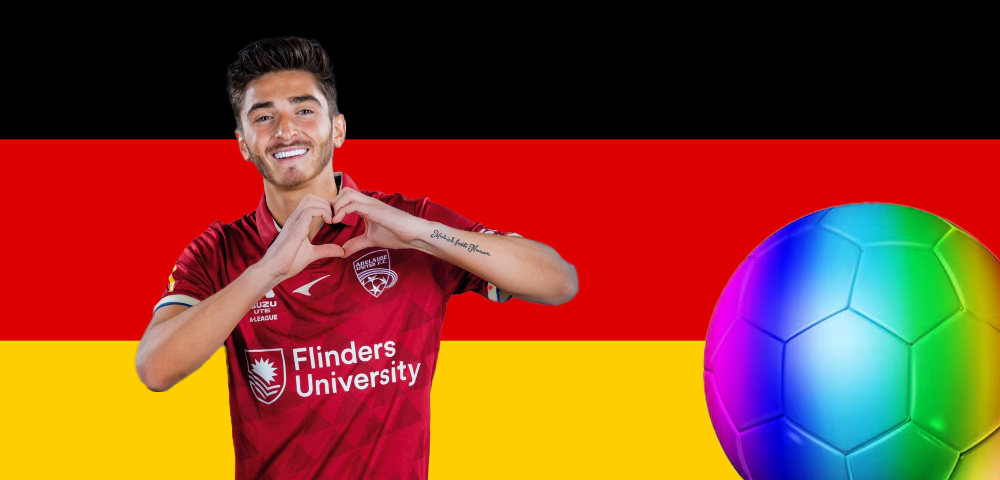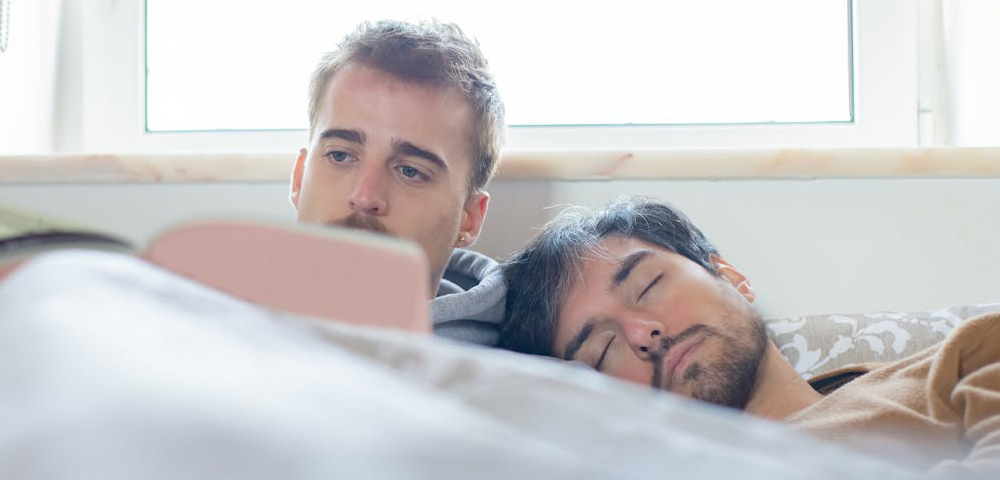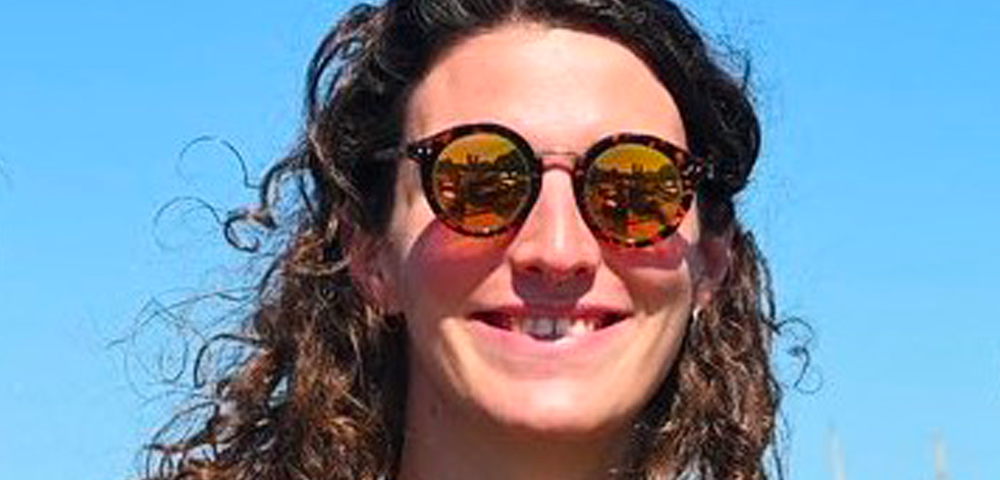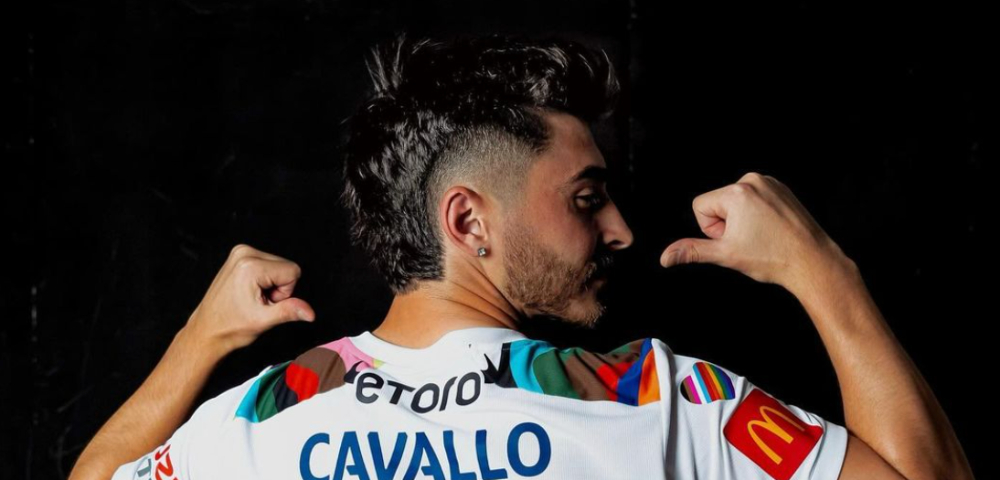
Intersex rights addressed at the UN Human Rights Council for the first time

THE rights of intersex people were discussed at a recent UN Human Rights Council meeting in Geneva, marking the first time that it had been mentioned at this level.
UN High Commissioner for Human Rights Zeid Ra’ad Al Hussein spoke of the intersex community during his opening address, and then held a meeting with intersex human rights defenders from around the world.
[showads ad=MREC]During his address to the council, Hussein highlighted the lack of awareness around issues faced by the intersex community.
“Far too few of us are aware of the specific human rights violations faced by millions of intersex people,” he said.
“Because their bodies don’t comply with typical definitions of male or female, intersex children and adults are frequently subjected to forced sterilisation and other unnecessary surgery, and suffer discrimination in schools, workplaces and other settings.”
The intersex expert meeting, held at the Palais des Nations in Geneva, took place to identify the steps needed to end these various abuses.
Participants in the meeting included seven intersex human rights defenders, along with more than two dozen medical and bioethics experts, representatives of non-governmental organisations and members of UN offices.
It heard advocates and activists discuss human rights violations against intersex people in their jurisdictions, including personal stories and their impact.
In attendance was the president of OII Australia, the national body for the Australian intersex community, Morgan Carpenter.
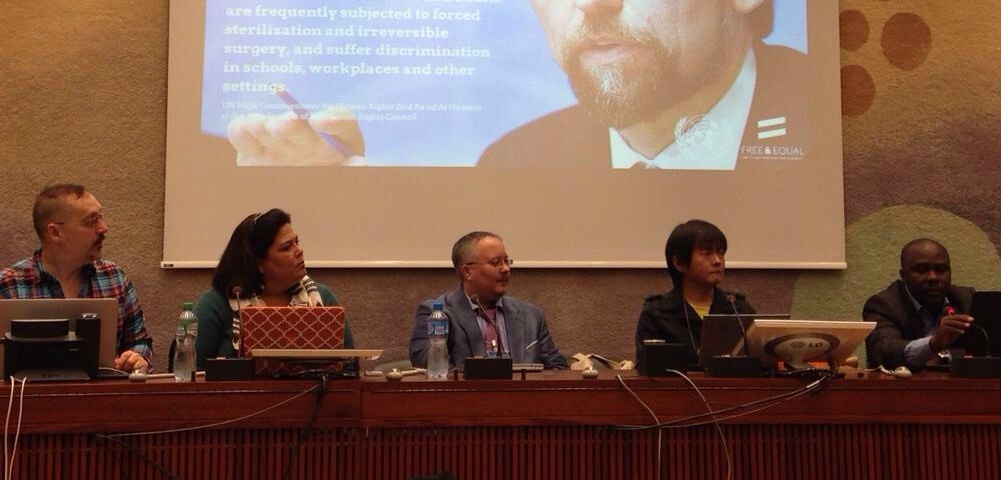
Carpenter was one of only seven intersex people present at the meeting, and said the attention given to the community was beneficial.
“While we have much in common with other LGBTI people, intersex-specific issues often don’t get much attention,” Carpenter told the Star Observer.
“People often forget that things like medical intervention, and related shame and stigma remain issues for us.
“It is wonderful that the UN Office of the High Commissioner for Human Rights has given attention to intersex rights.”
Regarding local intersex rights, Carpenter mentioned the 2013 Senate committee inquiry into the involuntary or coerced sterilisation of intersex people, and said that many of its recommendations were yet to be implemented.
“Non-medical interventions still take place in Australia on infants and children with intersex traits,” Carpenter said.
“The meeting was a really significant milestone, and it means that the UN has understood our health and human rights concerns and is committed to action.”
[showads ad=FOOT]



